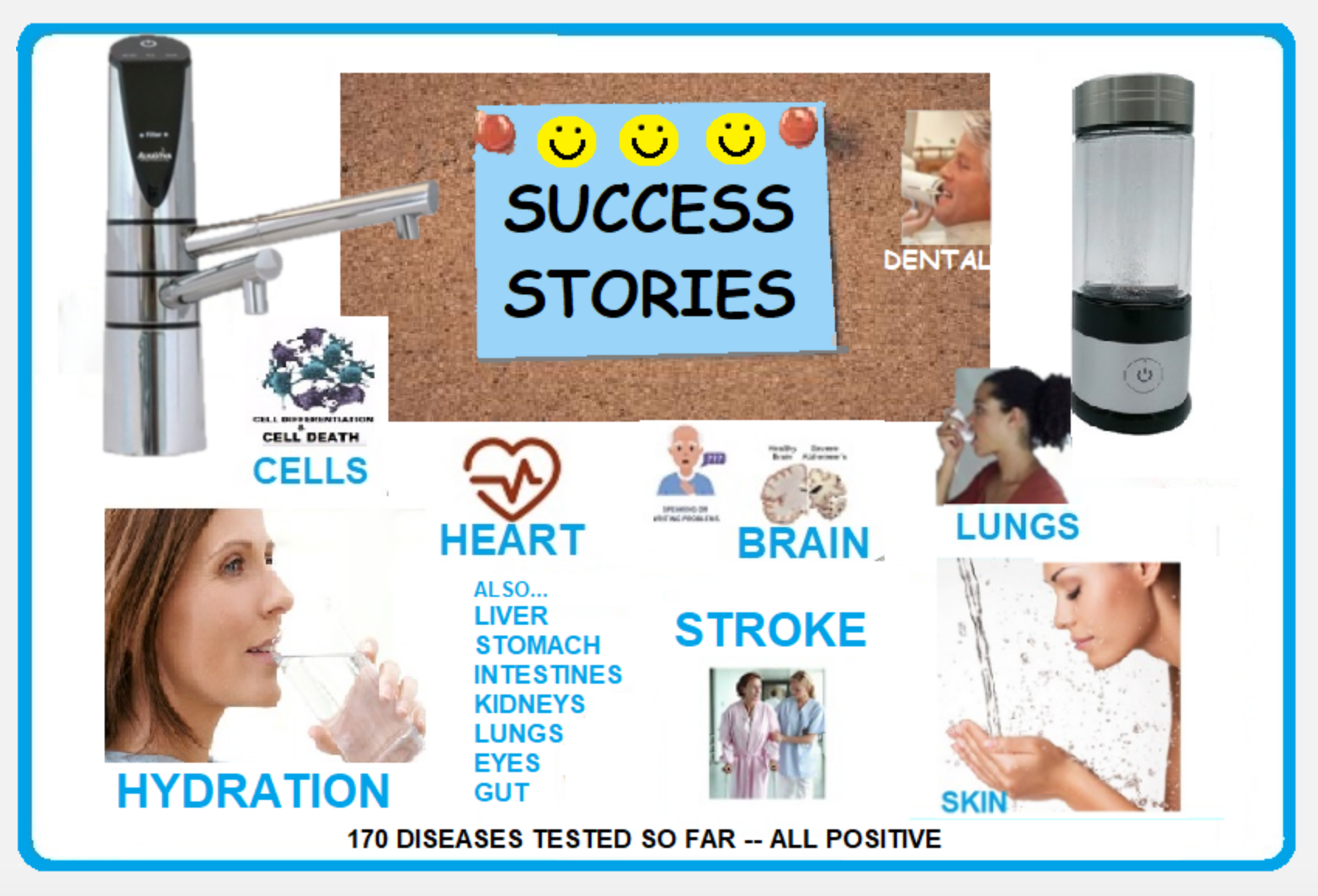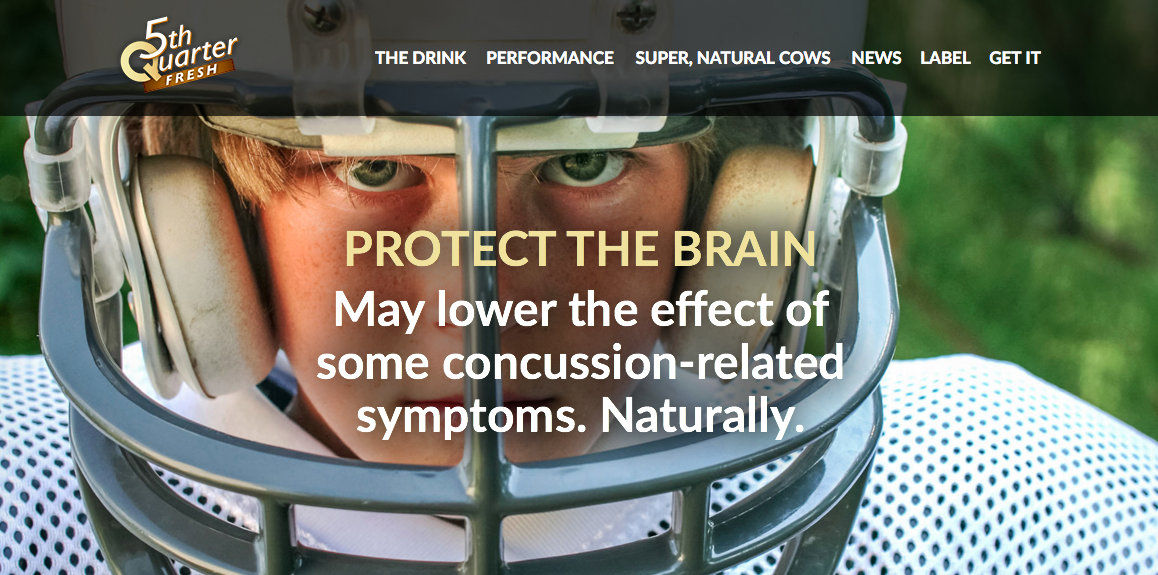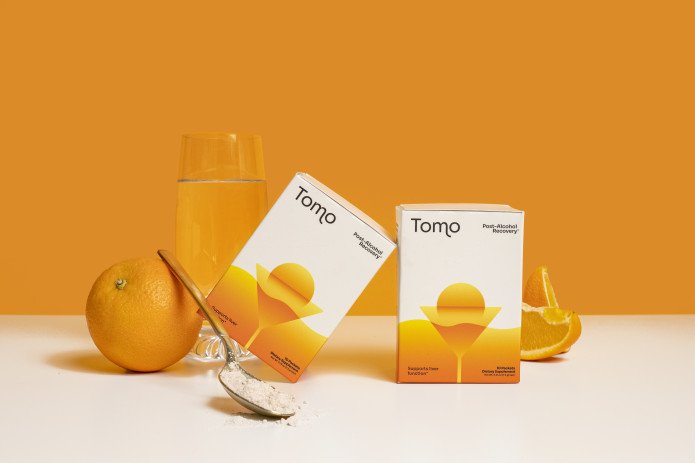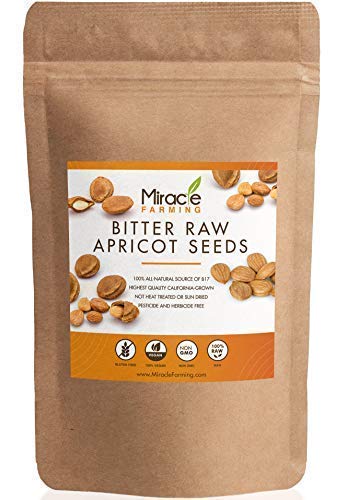
Alkaline Water Plus
Are there really any benefits to drinking alkaline water?
From the teats of so-called “super cows,” whose secretions purportedly contain more carbs and protein than their non-super pen pals, comes Fifth Quarter Fresh, a chocolate milk that not only replenishes tired muscles but — wait for it — shields against brain injury.
Following up on a reader tip, TINA.org found that the specially formulated chocolate milk even has the backing of a public research university, stating on its homepage:
Preliminary findings from a recent study at the University of Maryland suggest that football players who drank Fifth Quarter Fresh after practices and games improved cognitive and motor function for some measures over the course of a season as compared to those who did not.
But the University of Maryland study that Fifth Quarter Fresh uses to pump up its product probably should have never left the lab. It was neither peer-reviewed nor published in a medical journal, and since the unusual publishing of a press release touting its findings, the university has distanced itself from the study (while it simultaneously reviews, among other things, the circumstances surrounding the publication of the Dec. 22 press release titled “Concussion-Related Measures Improved in High School Football Players Who Drank New Chocolate Milk, UMD Study Finds,” which names the University of Maryland as its source.)
In April 2014, the FDA warned about companies offering “untested, unproved and possibly dangerous” supplement products that claim to prevent, treat or cure concussions.
“There is simply no scientific evidence to support the use of any dietary supplement for the prevention of concussions or the reduction of post-concussion symptoms that would allow athletes to return to play sooner,” Charlotte Christin, acting director of the FDA’s Division of Dietary Supplement Programs, said in a consumer news update at the time.
Find more of our coverage on questionable concussion protection claims here.
Our Ad Alerts are not just about false and deceptive marketing issues, but may also be about ads that, although not necessarily deceptive, should be viewed with caution. Ad Alerts can also be about single issues and may not include a comprehensive list of all marketing issues relating to the brand discussed.
Are there really any benefits to drinking alkaline water?
TINA.org breaks down the legal issues of marketing a “hangover supplement.”
How Amazon steers consumers toward unproven and potentially dangerous products containing a fake vitamin called B17.


